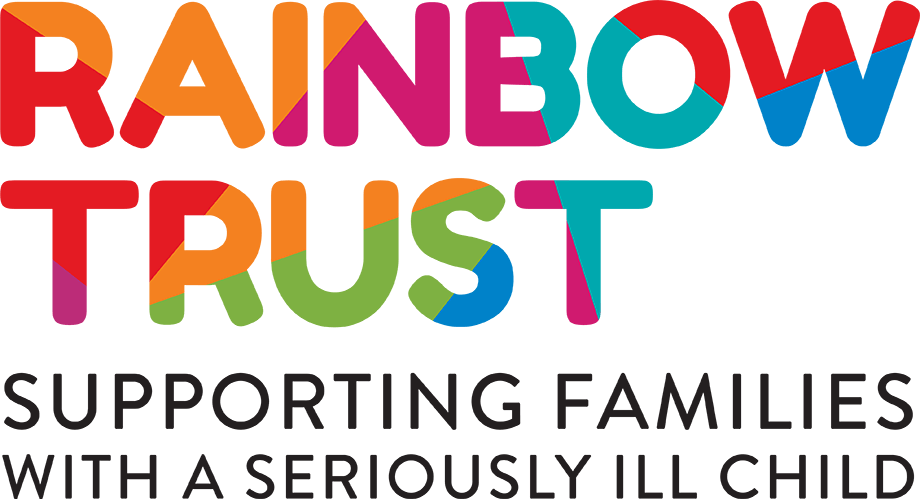Date published: 11 May 2020 by Digital Team
Contemplating the death of your child at any time is a thing that nobody should have to do, yet this is the reality for parents who have a child diagnosed with a life threatening or terminal illness. Some may choose not to acknowledge the shadow of this in their lives, but it will be there nonetheless. This shadow would also have been in the context of a world before the COVID-19 pandemic.
We know that how families are supported at the time of a bereavement can have a lasting impact on how they manage their feelings and new reality. Making choices ahead of time or even being supported to do so in the moment, can be acts of great love that parents can show to their child. Where this is denied due to circumstances beyond their control there is a risk that there will be additional negative feelings generated, thus exaggerating already overwhelming loss.
This is particularly true for the way in which families will want to mark their child’s life. To be denied the opportunity of creating a personal tribute where family and friends can mourn a child’s death will not only be an additional loss, but could inhibit the transition of the time before and the time after the child has died. There are, of course, for some families also religious or cultural rites that should be observed - and for these not to happen could cause further distress.
Children with existing health conditions are particularly vulnerable to the virus - and it seems particularly cruel that a child could die to something unrelated to their diagnosis. Yet another reality facing people with a seriously ill child right now is that other members of their family may die due to the virus - and it is entirely possible that they may experience multiple bereavements. Complex grief does not really begin to describe what some families could experience.
For many families who have been bereaved of a child before the pandemic, the impact will still be sharply felt. Over time, people will have found their own ways of living in their new reality - and these are being impacted in our new reality. Visiting a child’s grave, attending support groups, or using work or exercise to manage their grief, for example. For some, the current situation will be likely to intensify feelings of loss and pain because they cannot do these things.
Families who have been caring for a sick child will often talk about feeling isolated from the world and will struggle to communicate the difficulties both practical and emotional that they face. If their child dies, isolation can be acute. How can words begin to describe what they are going through?
The challenge for those of us supporting bereaved families has always been to help them find the words and to support them in continuing to recognise their bond with their child and keep that present in the most helpful ways. Now, we need to put this into the context of national grief and loss - and identify how this has placed additional burdens on grieving families.
An increased awareness of the emotional impact of grief will hopefully only expand the support available. However, we should recognise that in the same way that relationships are unique, the circumstances surrounding the death of a loved one are unique as well. For parents of a child who has died from an illness unrelated to the virus, their story will be different. Having support from those who understand this will be vital in providing the care that they need and deserve.
Bereavement support is one of the many ways a Rainbow Trust Family Support Worker can support the parents, siblings and family of a child who has died. To make a referral or find out more, please visit our support pages.
This article was written as part of Dying Matters Week 2020, which encourages us all to listen to others when they need to grieve openly (join the conversation on social media with #DyingToBeHeard). It is important to remember - not just when facing a international crisis - that we all need help with coping, grieving and remembering.

